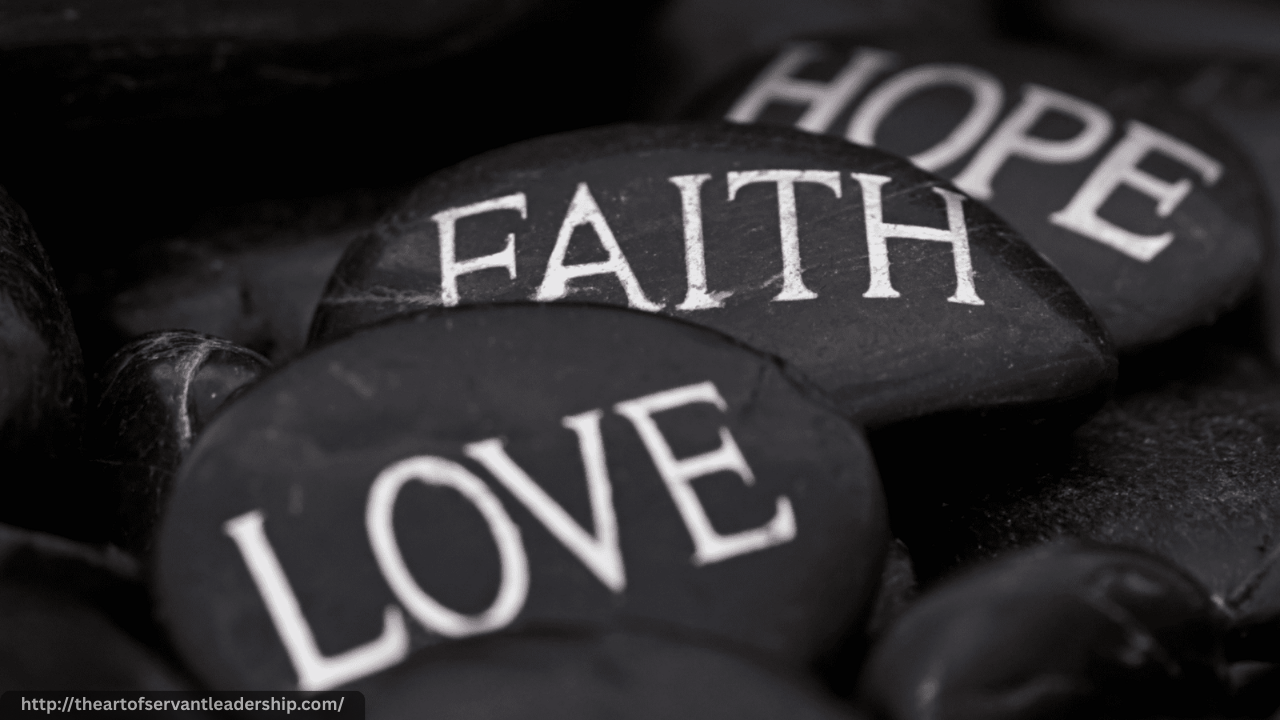In a world marked by brokenness—addiction, trauma, loss, and despair—the Christian response is grounded in three enduring virtues: faith, hope, and love. These are not abstract ideals but powerful, life-changing forces that shape how believers engage with those who are hurting. As Paul wrote in 1 Corinthians 13:13, “And now these three remain: faith, hope and love. But the greatest of these is love.” Christian compassion, rooted in these virtues, provides a healing path for those in need.
Faith: The Foundation of Healing
Faith is the cornerstone of the Christian life. It is through faith that believers trust in God’s promises, find strength in adversity, and share the Good News with others. For those who are broken, faith offers a lifeline—a reminder that God is present even in the darkest moments.
Hebrews 11:1 defines faith as “confidence in what we hope for and assurance about what we do not see.” When Christians walk alongside the broken, they offer more than sympathy; they share the assurance that God is working, even when circumstances seem bleak. Through prayer, Scripture, and fellowship, faith helps restore a sense of identity and purpose to those who feel lost.
Hope: A Vision for Restoration
Hope is essential for recovery. It is the belief that brokenness is not the end of the story. In Romans 15:13, Paul writes, “May the God of hope fill you with all joy and peace as you trust in him, so that you may overflow with hope by the power of the Holy Spirit.”
Christian hope is not wishful thinking—it is a confident expectation grounded in God’s character. For the broken, this hope speaks of a future filled with healing, redemption, and new beginnings. Whether someone is battling addiction, facing emotional wounds, or recovering from loss, hope keeps them moving forward. Christians help kindle this hope by offering encouragement, reminding others of God’s promises, and modeling a life transformed by grace.
Love: The Greatest Healing Force
Love is the most powerful and transformative force in the Christian life. Jesus said in John 13:35, “By this everyone will know that you are my disciples, if you love one another.” Love manifests in both words and actions—through listening, serving, forgiving, and walking patiently with those who are struggling.
Christian love sees beyond faults and failures. It treats every person with dignity, recognizing their worth as children of God. When believers show unconditional love to the broken, they reflect the love Christ has shown to all. This love does not enable destructive behavior but gently guides people toward truth and healing.
Conclusion: Living Out Faith, Hope, and Love
Helping the broken requires more than good intentions—it calls for hearts transformed by faith, inspired by hope, and motivated by love. These three virtues form a framework for Christian ministry and personal outreach.
In every act of kindness, every word of encouragement, and every moment of support, Christians have the opportunity to reflect the heart of God. By embodying faith, hope, and love, they become instruments of healing in a wounded world, offering not only help but the promise of restoration through Christ.
